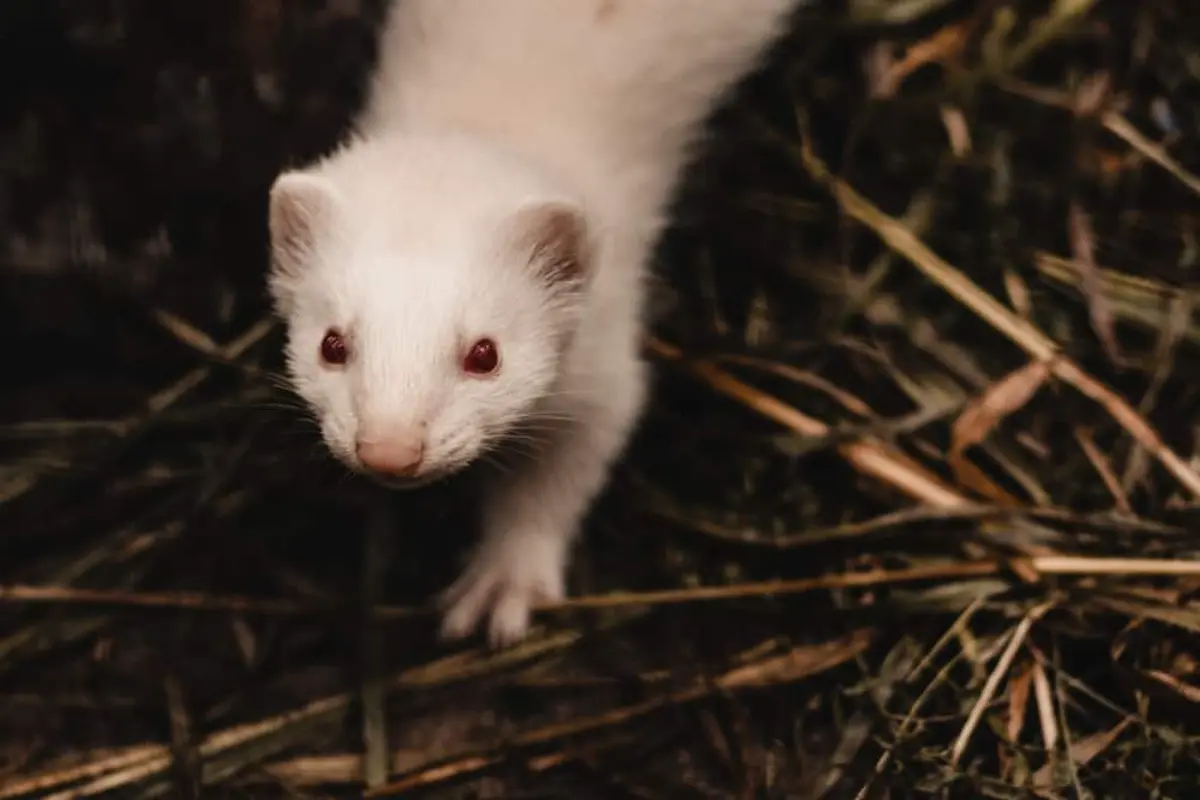One of the most common concerns among ferret owners is the distinctive odor that these furry creatures can produce. If you’re a ferret owner or considering adopting one, don’t worry! There are several ways to manage and minimize ferret smells in your home. In this comprehensive guide, we will discuss the causes of ferret odors, and provide practical tips and solutions to help you maintain a fresh and clean living environment for both you and your ferret.
Understanding Ferret Odors
Before diving into the solutions, it’s important to understand the main sources of ferret smells. Ferrets have scent glands that produce a musky odor, which is used for communication and marking territory. Additionally, their skin produces natural oils that can contribute to their unique smell. Finally, poor hygiene and an unclean living environment can exacerbate the issue.

1. Regular Grooming and Bathing
One of the most effective ways to control ferret odors is by maintaining proper grooming and hygiene. Here are some grooming tips to keep your ferret smelling fresh:
- Brush your ferret regularly: Brushing your ferret’s fur at least once a week can help remove loose hair and dirt, which can contribute to odor. Use a soft-bristle brush or a grooming mitt designed for small animals.
- Bathe your ferret sparingly: While it may be tempting to bathe your ferret frequently to combat smells, over-bathing can actually cause their skin to produce more oils, making the odor worse. Aim to bathe your ferret once every 2-3 months using a gentle, ferret-specific shampoo. Be sure to rinse thoroughly and dry your ferret completely to avoid chills.
- Clean your ferret’s ears: Ferrets can accumulate dirt and wax in their ears, which can cause odors. Gently clean your ferret’s ears once a month using a cotton swab and a pet-safe ear-cleaning solution.
2. Neutering or Spaying
Intact male ferrets, known as hobs, produce a stronger odor than neutered males or females. Neutering or spaying your ferret can significantly reduce their odor, as well as prevent unwanted litters and reduce aggressive behaviors. Consult your veterinarian about the appropriate age and procedure for your ferret.
3. Proper Diet
Feeding your ferret a high-quality, balanced diet can also help minimize odors. Ferrets are obligate carnivores, which means they require a diet rich in animal protein and low in carbohydrates. Look for ferret-specific food or high-quality kitten food with a high percentage of meat-based protein. Avoid feeding your ferret fruits, vegetables, or sugary treats, as these can cause digestive issues and contribute to odor.
4. Maintain a Clean Living Environment
Keeping your ferret’s living environment clean is crucial in controlling odors. Here are some tips for maintaining a clean and odor-free ferret habitat:
- Clean the litter box daily: Ferrets can be litter trained, and it’s essential to clean their litter box regularly to prevent smells. Use high-quality, unscented, and dust-free litter, and scoop out soiled areas daily. Replace the litter and clean the box with a pet-safe cleaner at least once a week.
- Wash bedding regularly: Ferrets love to burrow and snuggle in their bedding, which can become soiled with oils, dirt, and urine. Wash your ferret’s bedding, hammocks, and blankets at least once a week using a gentle, unscented detergent.
- Clean the cage: Wipe down the cage surfaces and bars with a pet-safe cleaner at least once a week. Remove any toys or accessories that have become soiled and clean them as well.
5. Use Odor Neutralizers and Air Purifiers
In addition to the above tips, using odor neutralizers and air purifiers can help maintain a fresh-smelling home. Look for pet-safe odor-neutralizing sprays or powders to use on bedding, carpets, and furniture. Additionally, consider investing in an air purifier with a HEPA filter to remove allergens and pet odors from the air.
Wrapping up
By following these tips and establishing a regular cleaning and grooming routine, you can effectively manage and reduce ferret smells in your home. Remember that your ferret’s odor is a natural part of their biology, and while it can be minimized, it may never be completely eliminated. However, with proper care and maintenance, you can enjoy a clean and fresh-smelling living environment for both you and your ferret.
